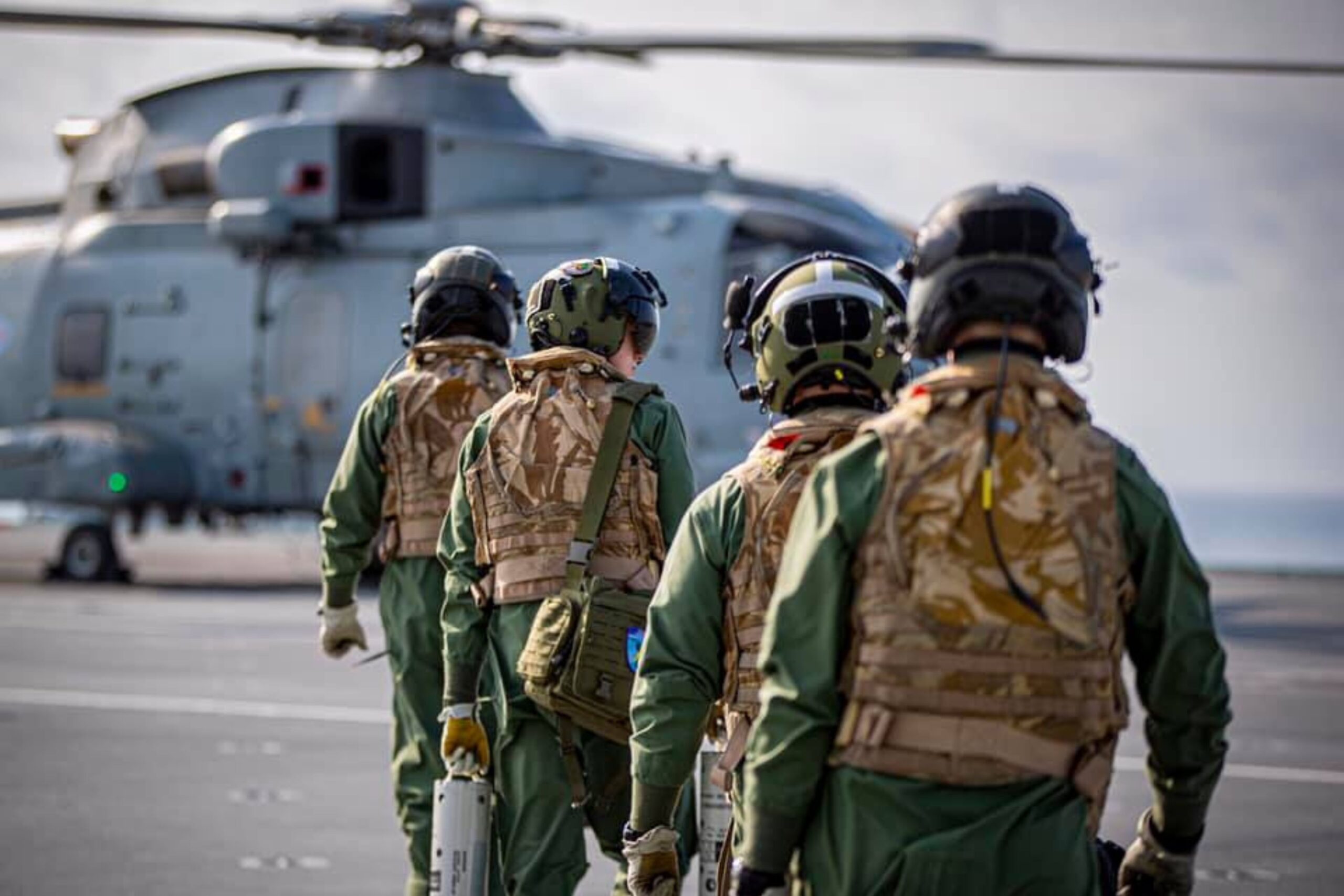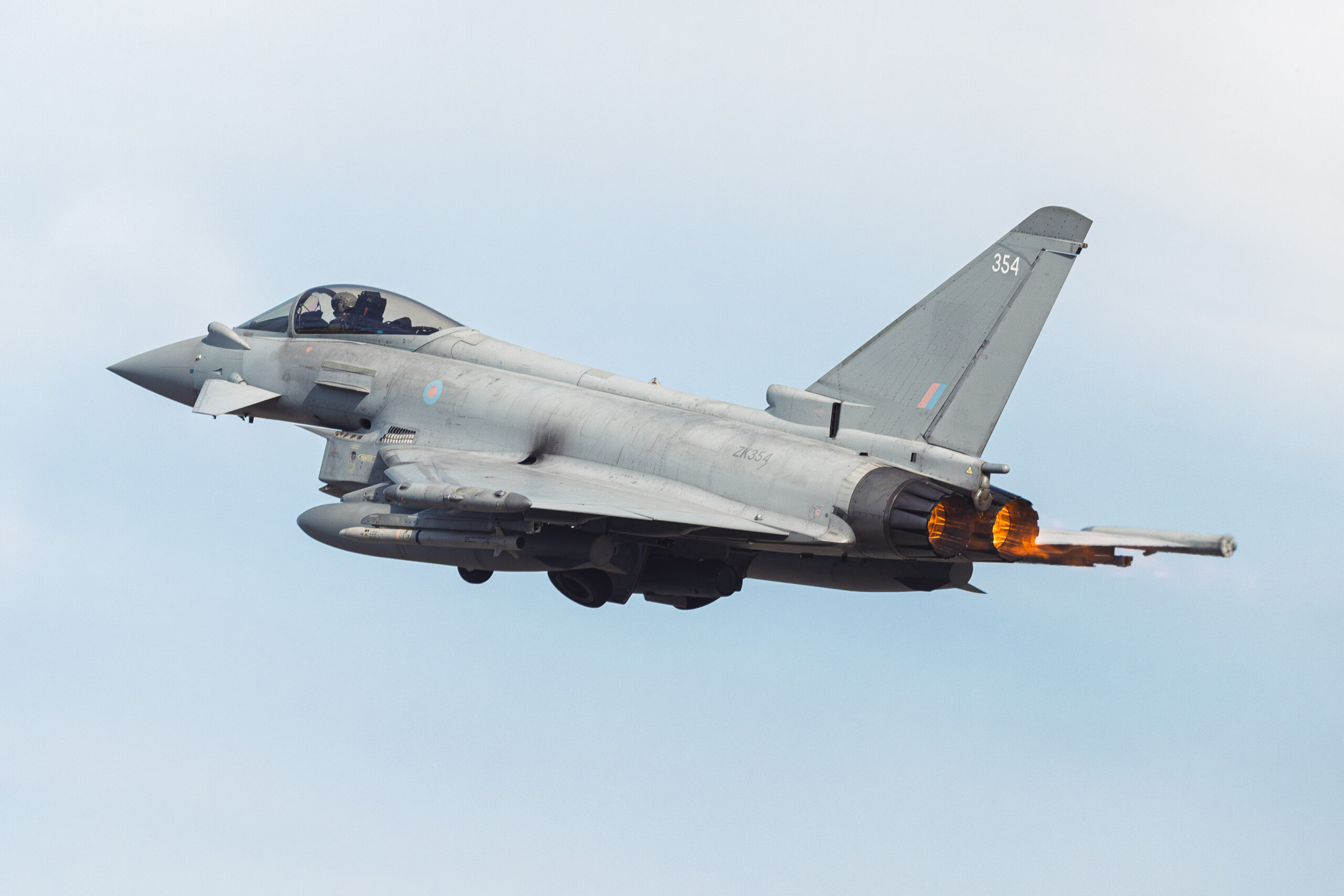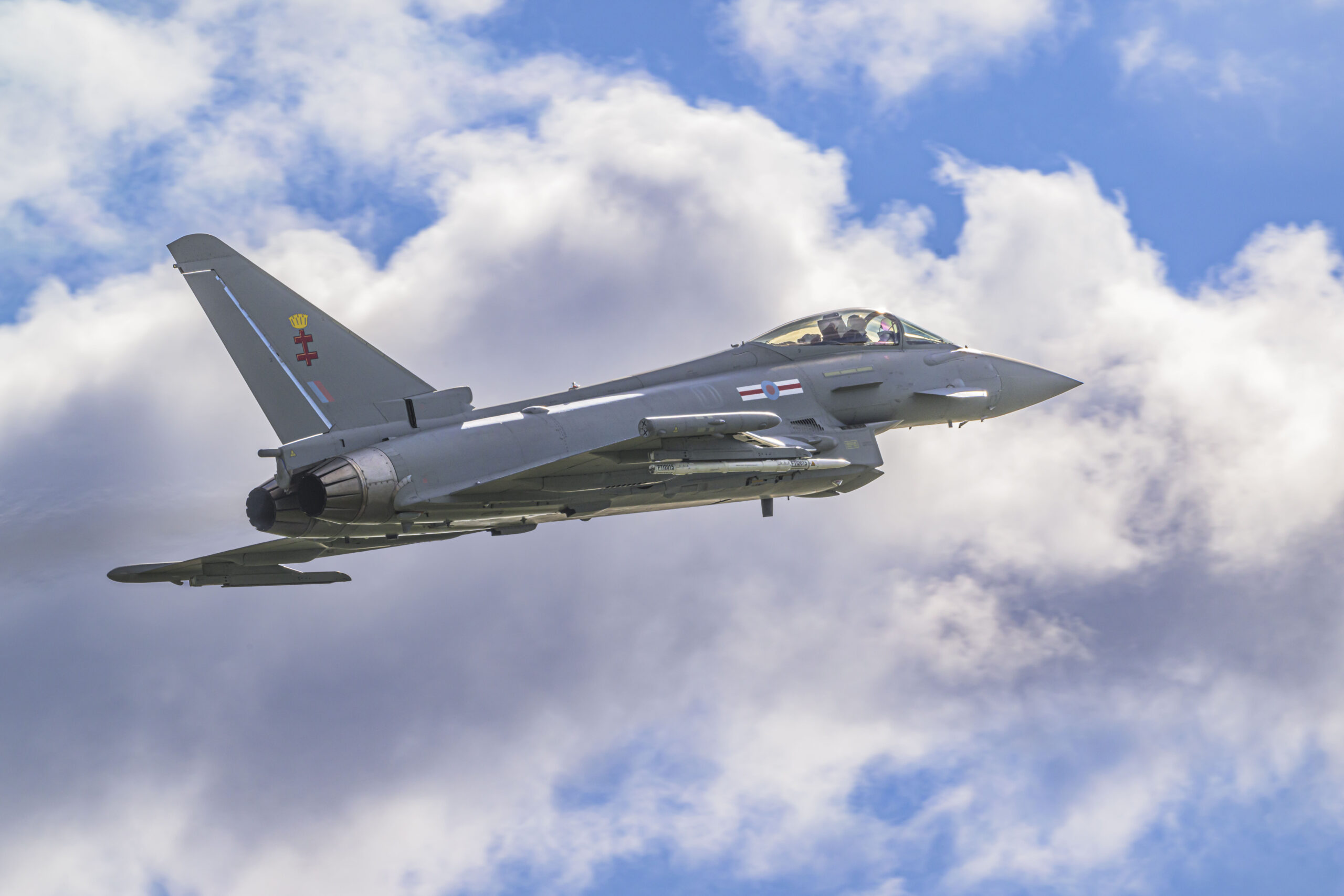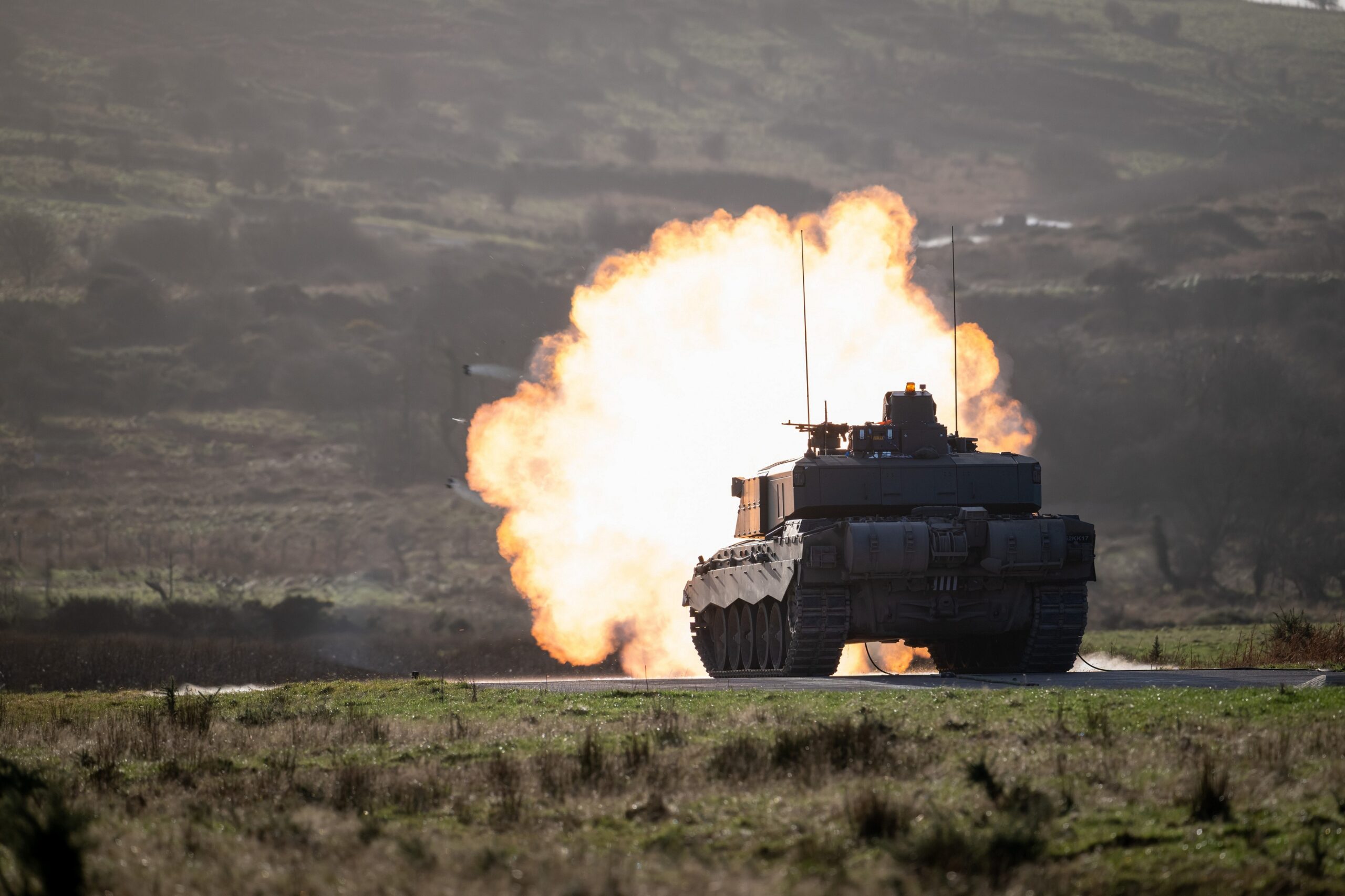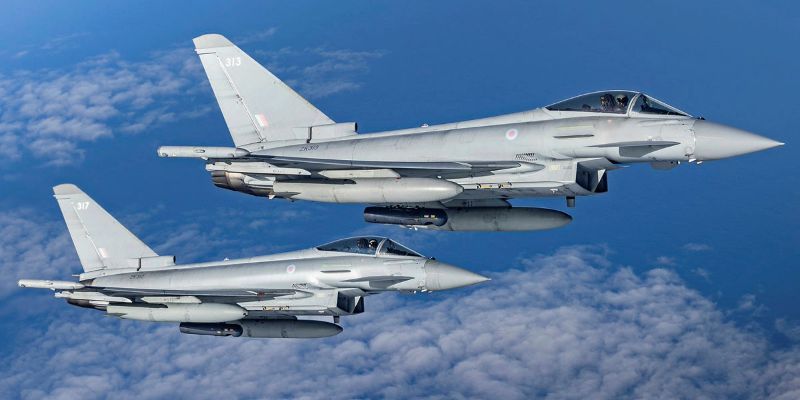Published 21 July 2022
A cutting-edge uncrewed aircraft demonstrator will be designed and developed in a £60 million contract DE&S has awarded to Leonardo Helicopters.
Share this story
Driving innovation in future Royal Navy capability, the project will support up to 100 highly skilled engineering jobs at Leonardo’s Yeovil site.
Testing the viability of larger uncrewed aircraft for the Navy, the three-tonne demonstrator – less than a fifth of the weight of a Merlin helicopter – could provide an innovative alternative to existing aircraft for tracking adversary submarines.
Trials will test the capability of the aircraft to drop “sonobuoys” – small tube-shaped buoys that track and communicate submarine activity – enabling the aircraft to alert a crewed helicopter such as a Merlin and call for support if a submarine is located.
Designed to operate at lower cost than crewed aircraft, capabilities derived from the demonstrator could also reduce the exposure of Royal Navy personnel to hostile threats. The uncrewed helicopter is due to undertake its first flight in 2025.
Minister for Defence Procurement, Jeremy Quin, said: “The global threat is changing, and it is crucial we remain at the forefront of defence innovation. Exploring cutting-edge, new defence capabilities through programmes with key British manufacturers, will help to ensure our Armed Forces are equipped to deal with the latest threats.”
If successful, the new aircraft would provide a platform capable of delivering improved surveillance and intelligence, enabling crewed Navy helicopters to re-deploy on alternative missions if required and bolstering UK defence capability.
Sir Simon Bollom, DE&S CEO, said: “Our team were able to make use of a novel and agile delivery approach to ensure that we can accelerate potential new technologies through to the demonstration phase so that they can be delivered into the hands of the UK Armed Forces at the earliest opportunity if required.”
Director Develop Royal Navy, Rear Admiral James Parkin, said: “Proving the benefits of larger uncrewed aircraft (rotary and fixed wing) will be key to understanding whether such aircraft can effectively contribute to future Royal Navy capabilities, particularly for Anti-Submarine Warfare (ASW).”
Capable of carrying a large load, combined with the ability to operate in harsh environmental conditions, the aircraft could also demonstrate its utility across a range of requirements. Beyond ASW, the project will assess other potential uses including ship-to-ship resupply and casualty evacuation.
James Gavin, Head of DE&S Future Capability Group which awarded the contract, said: “Exploring and proving the use of modern delivery approaches is critical if the MOD is going to deliver capabilities which can deliver operational advantage to time, quality and cost requirements with an increasingly limited headcount.”
The four-year contract will deliver an uncrewed demonstrator as part of intentions outlined in the Defence Capability Framework for future find, strike and lift capabilities to be increasingly delivered by uncrewed and autonomous systems.
Adam Clarke, Managing Director of Leonardo Helicopters (UK), said: “Uncrewed VTOL (vertical take-off and landing) aircraft will transform military capability whilst also having application in other market sectors, both in the UK and around the world. This contract represents a major step towards our future in next generation uncrewed military technology and the sustainment of unique engineering skills onshore.”






